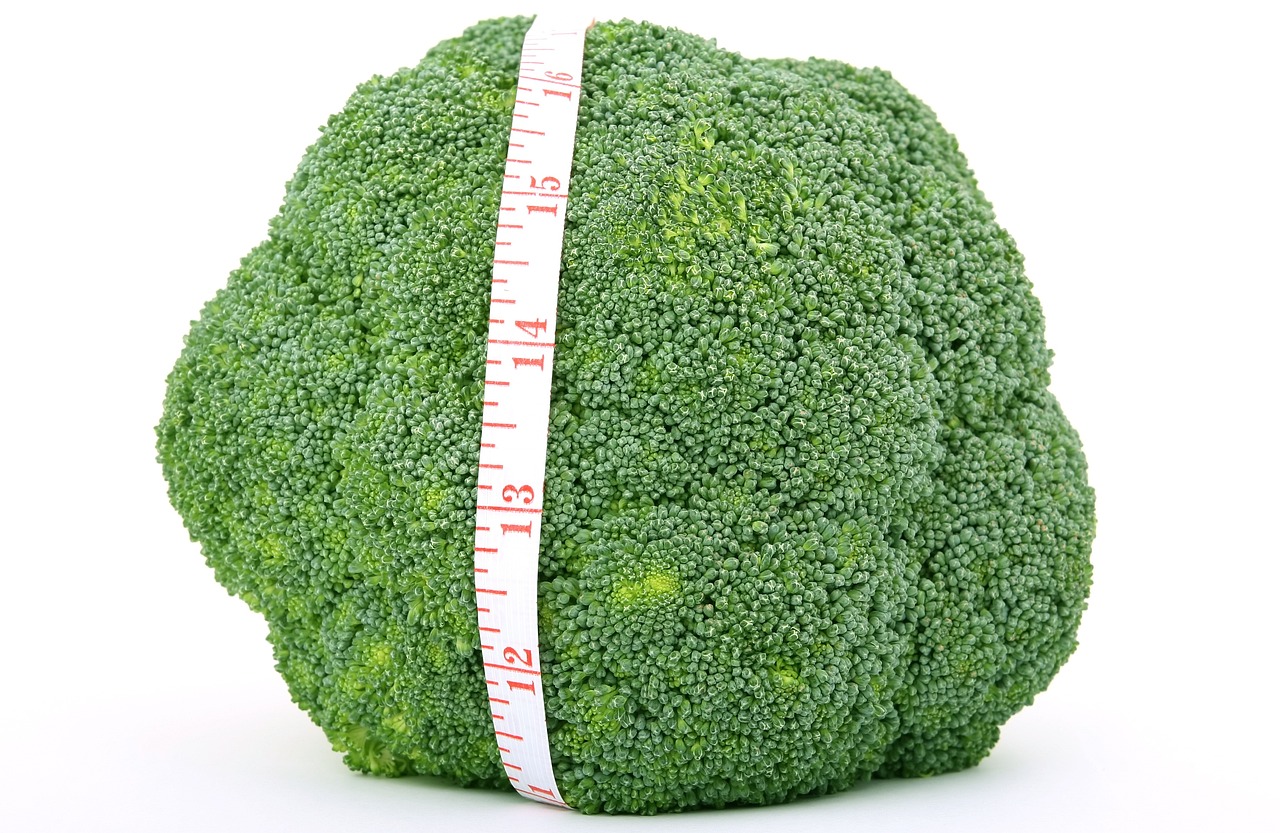Common Foot Problems in Pregnant Women and Their Treatments
allpanel777, laser book 247.com, 99 exch.com:Pregnancy is a beautiful and miraculous experience for many women, but it can also bring about some uncomfortable foot problems. As the body changes and adapts to accommodate the growing baby, it is common for pregnant women to experience issues such as swollen feet, arch pain, and even flat feet. In this article, we will discuss some of the most common foot problems that pregnant women face and provide some tips on how to alleviate these discomforts.
Swollen Feet and Ankles
One of the most common foot problems during pregnancy is swollen feet and ankles, also known as edema. This is caused by the extra weight and pressure that the growing uterus puts on the veins in the legs and feet, leading to fluid retention. To alleviate this issue, pregnant women can try elevating their feet whenever possible, wearing comfortable shoes with good arch support, and avoiding standing or sitting for long periods of time.
Plantar Fasciitis
Plantar fasciitis is a condition that causes pain and inflammation in the heel and arch of the foot. Pregnant women are more prone to developing this condition due to the extra weight they are carrying. To help relieve the pain associated with plantar fasciitis, women can try stretching exercises for the calf muscles, wearing supportive footwear, using orthotic inserts, and applying ice packs to the affected area.
Flat Feet
Pregnancy hormones can cause the ligaments in the feet to relax, leading to a condition known as flat feet. This can cause pain and discomfort, especially when walking or standing for long periods of time. To help alleviate the symptoms of flat feet, pregnant women can try wearing supportive shoes with good arch support, doing foot exercises to strengthen the muscles in the feet, and using orthotic inserts to provide additional support.
Overpronation
Pregnancy can also lead to overpronation, which is when the feet roll inward excessively while walking or running. This can cause pain and discomfort in the arches and heels of the feet. To help correct overpronation, pregnant women can try wearing supportive shoes with motion control technology, doing exercises to strengthen the muscles in the feet and ankles, and using orthotic inserts to help realign the feet.
Corns and Calluses
Corns and calluses are areas of hardened skin that can develop on the feet due to friction or pressure. Pregnant women may be more prone to developing these foot problems because of the extra weight they are carrying. To help prevent and treat corns and calluses, women can try wearing shoes that fit properly and have cushioning insoles, using foot creams to soften the skin, and gently exfoliating the affected areas.
Ingrown Toenails
Ingrown toenails occur when the edge of the nail grows into the surrounding skin, causing pain and swelling. Pregnant women may be more susceptible to developing ingrown toenails due to hormonal changes that can affect nail growth. To treat ingrown toenails, women can try soaking their feet in warm water, gently lifting the edge of the nail, and wearing shoes that provide plenty of room for the toes.
FAQs
Q: Can I take over-the-counter pain medication for foot pain during pregnancy?
A: It is always best to consult with your healthcare provider before taking any medication, even over-the-counter pain relievers, during pregnancy. They can provide guidance on safe options for managing foot pain.
Q: Are there any exercises I can do to help alleviate foot pain during pregnancy?
A: Yes, there are several exercises that can help strengthen the muscles in the feet and ankles, such as calf stretches, toe curls, and ankle circles. These exercises can help improve foot function and reduce pain.
Q: How can I prevent foot problems during pregnancy?
A: To help prevent foot problems during pregnancy, it is important to wear supportive shoes with good arch support, avoid standing or sitting for long periods of time, elevate your feet whenever possible, and do exercises to strengthen the muscles in the feet and ankles.
In conclusion, foot problems are common during pregnancy due to the changes that the body undergoes to support the growing baby. By following the tips outlined in this article, pregnant women can help alleviate foot pain and discomfort and enjoy a more comfortable pregnancy. Remember to consult with your healthcare provider if you are experiencing severe foot problems or have any concerns.







